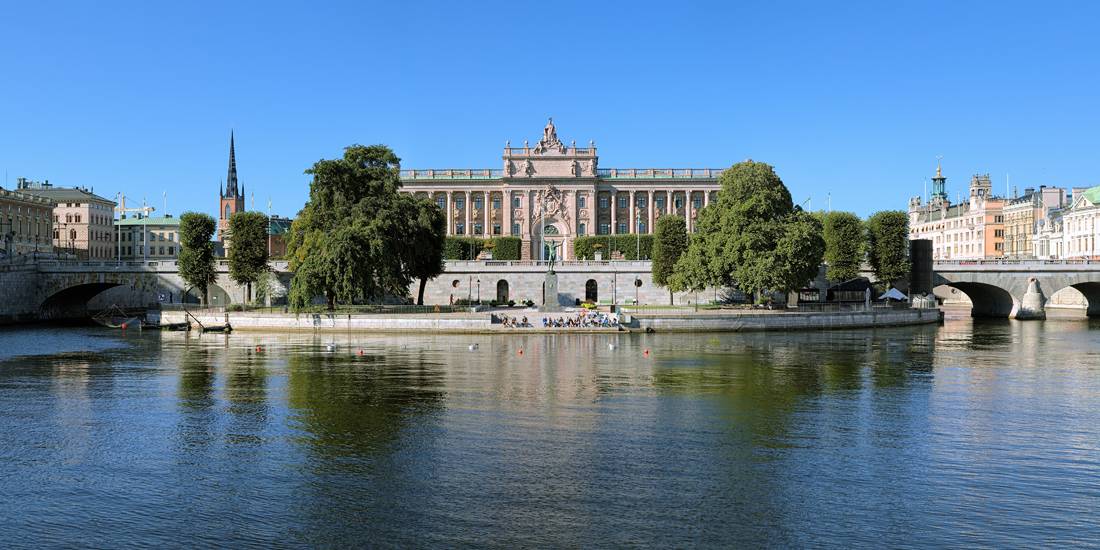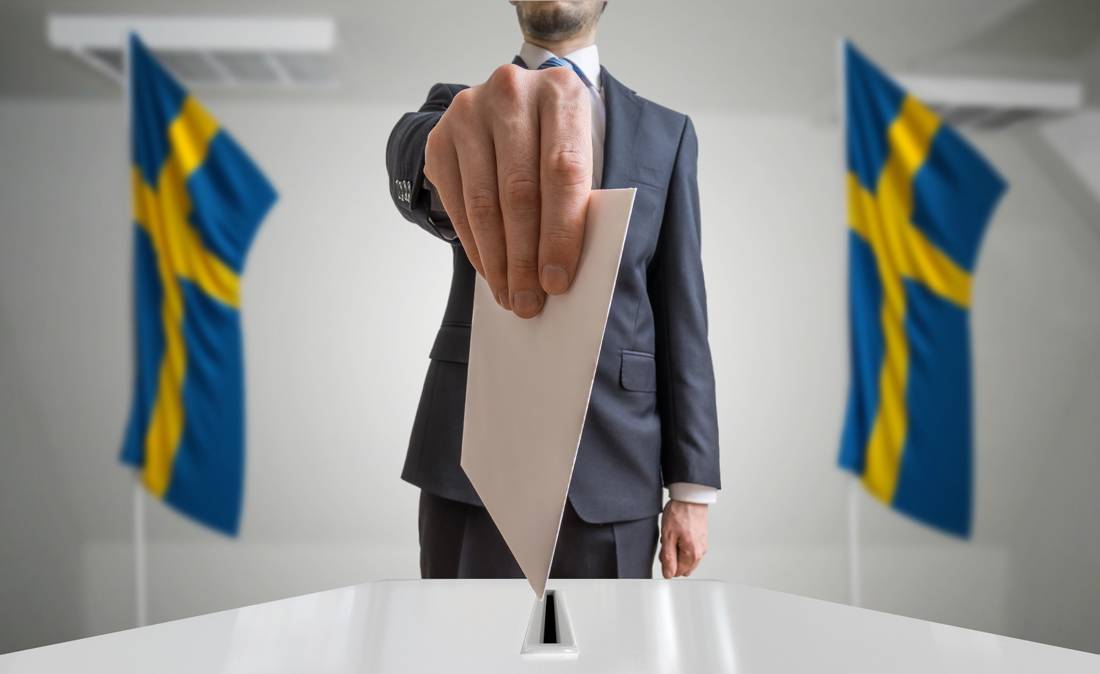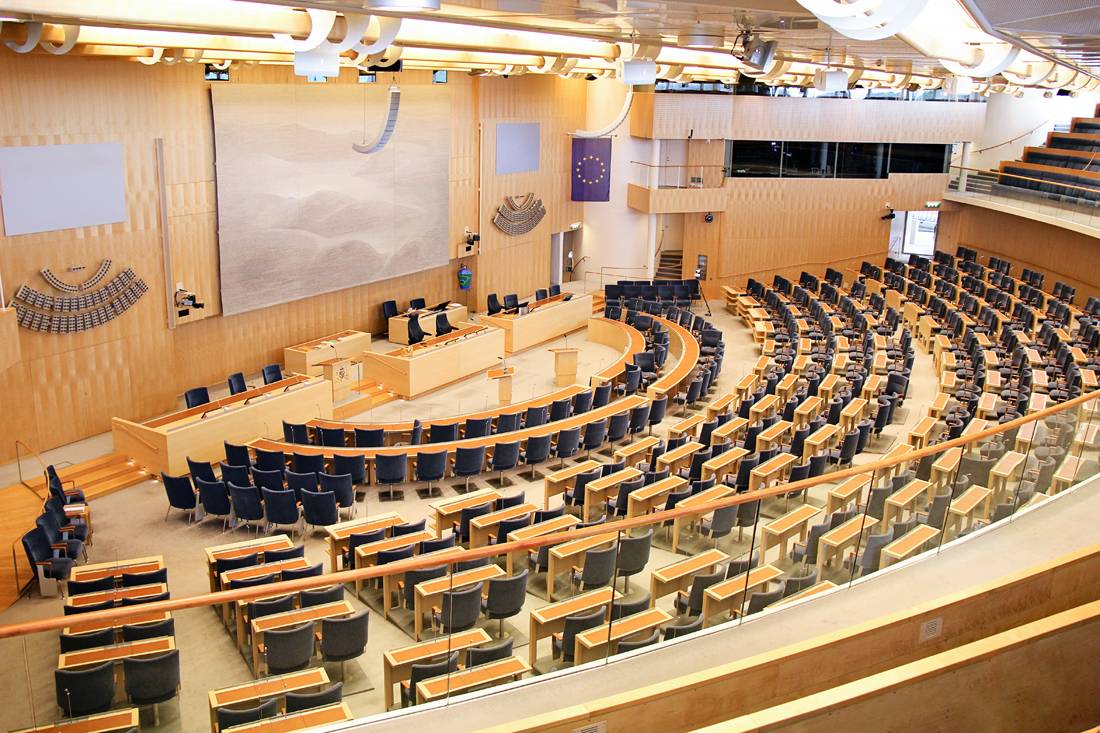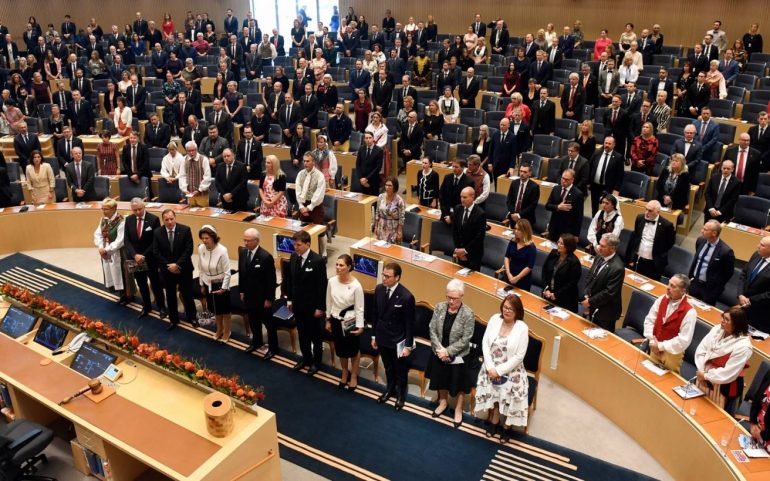In a country that is among the top in the world that provides its residents with a balanced "relationship" of work and quality of life (specifically found in second place out of a total of 24 included in the list of the British financial site TotallyMoney with all companies in Sweden to have established a break for coffee and sweets daily at 11.00 and the total annual holidays to reach 14) but also in a country where social policy regarding parents is far ahead, compared to the rest of the world (according to the Swedish government and both parents are entitled to a total of 480 days (ie 16 months, maternity leave) is not so absurd the fact that politicians and its deputies travel by means of transport, wash and dry their clothes in public laundries and those who travel by taxi play a leading role in front pages of newspapers and magazines!
The reason for Sweden, which, as it turns out once again, is far ahead, setting a good example for other countries to follow, why not, and in this area its steps.
Brazilian journalist Claudia Wallin, who has lived in Sweden since 2003, in her book "Sweden: The Untold Story" describes the privileges of politicians, MPs and ministers in Sweden, as revealed in an article in the Mail & Guardian. one of the most popular weekly newspapers in South Africa based in Johannesburg.
The ideal model of Sweden

According to the data published by Claudia Wallin, Sweden is quite sparing with the privileges of its politicians, whose benefits are deprived of luxury and comfort, as we are used to for these people until today.
Thus, without a private car and personal drivers, the ministers and deputies of the Nordic country travel by crowded means of public transport, as well as the people who voted for them.
In addition, they have no right to parliamentary immunity and can be tried in court, as is the case with any other person who has violated the law.
Their parliamentary offices measure only 8 sq.m. area, while they are not provided with private secretaries. Swede Joakim Holm explains to Wallin that "I am the one who pays the politicians and I see no reason to give them a life of luxury".
The politicians who will dare to spend public money to travel by taxi, and not by bus or train, will end up on the front pages of newspapers and magazines as well as the first issue in the country's news bulletins, the journalist explains in her article.
In fact, even the Speaker of Parliament receives a card for the use of public transport, while only the Prime Minister has the right to use a private car and be accompanied by security forces.

For those who find the fact that Swedish MPs live in tiny apartments in Stockholm and wash and iron their clothes in shared washing machines to be a bit extreme, one should consider that this is a much improved version than before, considering that until the end In the 80s, parliamentarians slept on sofa beds in their offices!
No one becomes a politician in Sweden to get rich
None of the public in Sweden gets rich. In particular, the salary of a member of the country's parliament is about twice that of an elementary school teacher.
It is worth mentioning, in fact, that Swedish MPs earn much less than many of their European counterparts. For example, German MPs earn about 9.500 euros / month, while their English colleagues earn about 7.400, while they themselves earn about 6.500.
The most remarkable of all that Wallin mentions in her article is the fact that at the municipal level anyone who wishes to deal with the public is certainly criticized by his counterparts abroad, as his services in the municipality are offered completely free of charge. Plus the fact that they do not have an office, but work from home.
The undermining of the previous perception of politicians

Sweden's ideal model, as the journalist points out, undermines in some way the previous perception that everyone had of politicians and how we should treat them. Thus, in their own way, the Swedes dispel the cliché that politicians should enjoy special treatment as if they were members of a higher and better social class consisting of ladies and gentlemen more prominent than the average citizen and therefore worth more, almost " divine ", privileges and benefits.
Instead, Sweden's philosophy is to treat government officials and their political representatives as ordinary citizens. In a country that does not particularly claim to be a fan of "titles" and which since the 1960s has abolished the use of official pronouns and everyone is called "you", no one is above anyone. Everyone is equal and according to Sweden's value system, its politicians should live in conditions similar to the reality experienced by those who vote for them.
Without a serious social balance, Sweden is arguably one of the safest and least violent countries, Wallin explains in the article, where politicians and citizens do not need to use bulletproof cars. Most important of all, however, is that its politicians must come into contact with the daily problems of the citizens and not put their personal interests above those of the people, in a society that proves in practice that politics force can also be exercised within the bounds of decency.
In less than 100 years, Sweden has been "transformed" from a poor and rural society into one of the richest, most socially just and least corrupt countries not only in Europe, but in the whole world where no one is above anyone. The example of Sweden shows, perhaps more than anything else, how change is possible. As long as there is a will and the effort is made.
